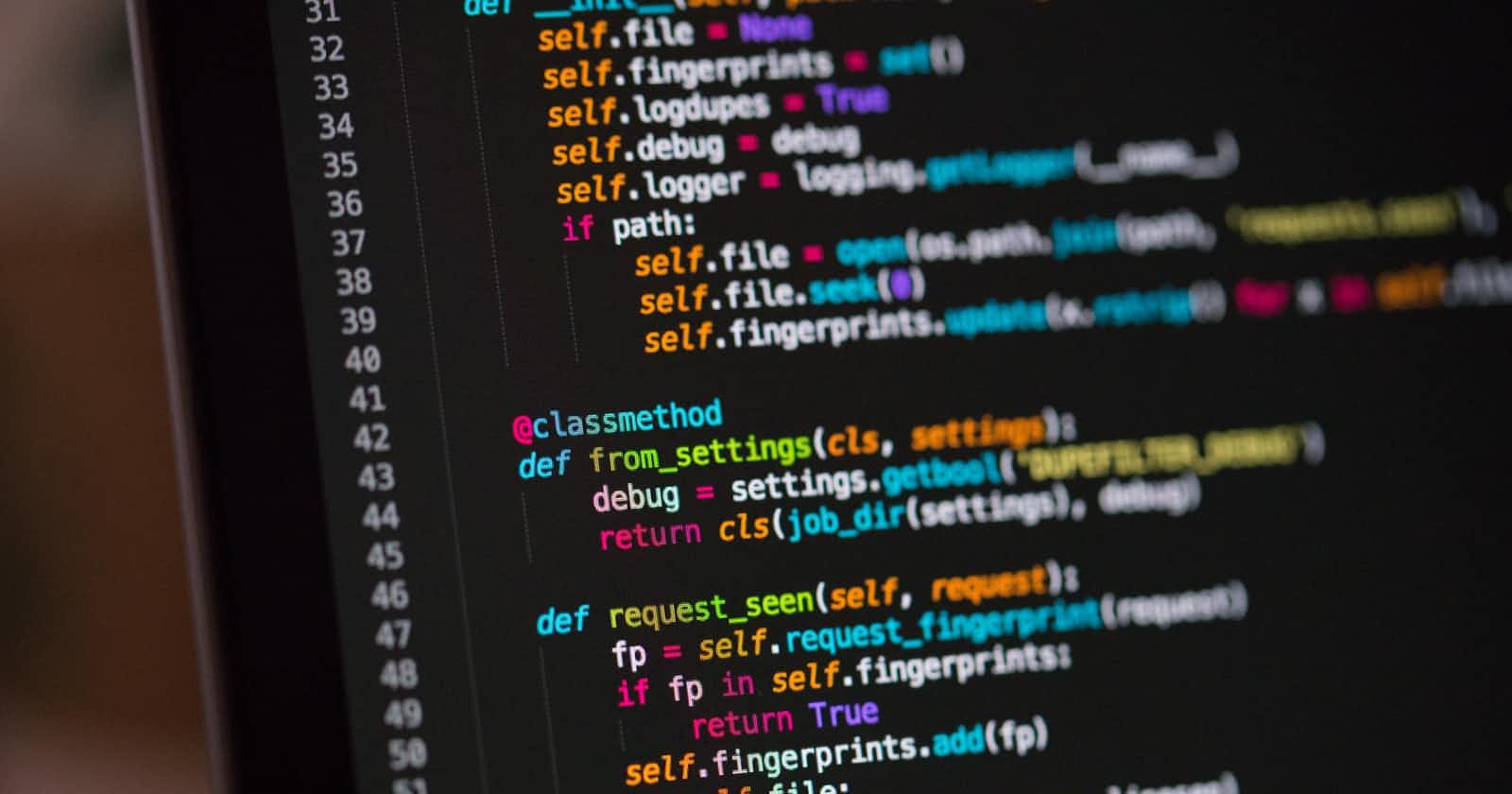
Photo by Chris Ried on Unsplash
Three ways to Validate data in Django Serializers
Django rest framework
Introduction
Validation is a major aspect when building Django projects as it ensures the data inputted are accurate and clear. it also helps to mitigate project defects and removes any outliers or redundancy in our project. In Django Rest Framework, data validation is mainly done in the serializer. The serializer allows complex datatypes or model instances to be converted to python datatypes that can be easily rendered as JSON on the browser. In this article, I will be showing you three ways to validate data in Django Serializers.
Setting up the environment and Project
Create a new virtual environment, activate it, and go to your project directory
python -m venv env
./env/Scripts/activate
Install Django and Django rest framework
pip install django
pip install djangorestframework
create a new project
django-admin startproject new
Run the server to ensure the project runs properly
python manage.py runserver
create a new app
python manage.py startapp bookstore
After creating our App, we will need to add the <app name> and rest_framework to installed apps in new/settings.py
INSTALLED_APPS = [
.......
'bookstore',
'rest_framework',
]
our App is set, let's dive into creating the models.
Creating Models
I will be building a model for the bookstore App
from django.db import models
class Book(models.Model):
title = models.CharField(max_length=100)
author = models.CharField(max_length=100)
year_published = models.IntegerField()
description = models.TextField(max_length=250)
def __str__(self):
return self.title
Let's migrate our model to the database
python manage.py makemigrations
python manage.py migrate
Creating serializer
from .models import Book #Imports my model
from rest_framework import serializers
class BookSerializer(serializers.ModelSerializer):
class Meta:
model = Book
fields = ['id', 'title', 'author', 'year_publised', 'description']
Assuming the model is only valid if the year_published is greater than 2000, and the length of the title's name is greater than the author's name. Let's validate these in three ways.
1. Field validation
This allows us to validate a specific field in our serializer. It is done by defining a method in our serializer that is written in the format validate_<fieldname>. The method takes a parameter which is the value of the field.
Example:
from .models import Book #Imports my model
from rest_framework import serializers
class BookSerializer(serializers.ModelSerializer):
class Meta:
model = Book
fields = ['id', 'title', 'author', 'year_publised', 'description']
def validate_year_published(self, value):
if value < 2000:
return serializers.ValidationError(
"The year_published has to be greater than 2000"
)
return value
2. Object-level Validation
In a situation where we have to compare two fields in our serializer, this method is the one to use. it is done by defining a validate method in our serializer. The method takes a parameter which is the field: value dictionary.
Example:
from .models import Book #Imports my model
from rest_framework import serializers
class BookSerializer(serializers.ModelSerializer):
class Meta:
model = Book
fields = ['id', 'title', 'author', 'year_publised', 'description']
def validate(self, data):
if len(data['title']) > len(data['author']):
return data
return serializers.ValidationError(
"The length of the author cannot be greater than the title"
)
3. Functional Validation
If we are going to be validating a particular field in multiple serializers, this approach is the best to avoid writing the same code over and over again. It involves defining a function outside a serializer and passing it as an argument in the serializer field.
Example:
from .models import Book #Imports my model
from rest_framework import serializers
def is_year_published(value):
if value < 2000:
return serializers.ValidationError("Year cannot be less than 2000")
return value
class BookSerializer(serializers.ModelSerializer):
year_published = serializers.IntegerField(validators=[is_year_published])
class Meta:
model = Book
fields = ['id', 'title', 'author', 'year_publised', 'description']
Conclusion
You have learned three ways to validate data in Django rest framework serializers, I hope this helps as you write better code.
Don't forget to follow me for more python and Django-related content.

